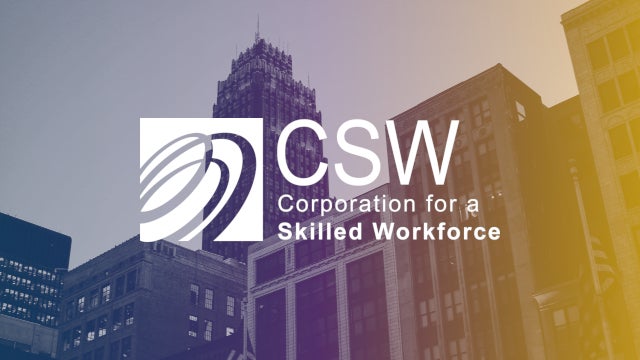Across the country, summer youth employment programs (SYEP) serve an important function in preparing youth and young adults in low-income communities for careers. These programs, which traditionally have offered workplace readiness preparation, career exploration, and subsidized job placements with government agencies, non-profit organizations, and private sector employers, improve economic, academic, and behavioral outcomes for young people. The Aspen Institute Forum for Community Solutions (AIFCS) is committed to deepening and expanding SYEP based on the tangible benefits these experiences offer as a critical piece of the year-round ecosystem of career development opportunities for young adults that communities should cultivate. The current COVID-19 crisis is exposing and exacerbating social inequality in the United States, with young people at the epicenter of economic injustice that too often falls along racial lines. Unemployment during the pandemic soared to 53% among Hispanic, 45% among Black, 48% among Asian, and 38% among white young adults.
Summer youth employment programs were more important than ever in 2020. At a time when many opportunity youth (OY) experienced loss of connection to school, youth programs, or work for several months, SYEP provided a connection to important relationships with caring adults, often served as a bridge to postsecondary and other career pathway opportunities and created a chance to develop noncognitive skills highly valued in the workplace. These relationships and connections are critical to ensuring that young people can access mental health and other supportive services, all of which are needed during the current crisis. More broadly, SYEP is an essential piece of what will be a long and difficult economic recovery for young people in the United States. Effective young adult talent development systems, that extend beyond summer programming, catalyze the overall economy by providing a pipeline of workers qualified for in-demand jobs and prepared with the skills and mindsets necessary to navigate future labor market changes due to technology. Finally, at a very basic level, summer youth employment programs provide a vehicle for transferring funds to low-income young people at a time of extraordinary financial, food and housing insecurity and at a time when more than 90% of unemployed young people have been unable to access any income.
With social distancing and stay at home requirements, implementing SYEP in 2020 required innovative strategies and approaches among organizations, including a new emphasis on digital platforms and tools. While some communities chose to cancel their programs to prioritize public health and safety and in response to budget pressures, stakeholders in many communities came together to rally around their young people with remarkable adaptability, urgency, and focus.
In June 2020, the Aspen Institute Forum for Community Solutions released a 1.0 version of this toolkit, based on a rapid scan of the field, in order to inform active planning for summer programs about to launch. This resource is an updated version, informed by implementation lessons from this “summer like no other” from communities across the Opportunity Youth Forum (OYF) network and national partners.
Much of this toolkit is orientated toward addressing common challenges imposed by social distancing and the need to pivot to virtual experiences. It is important to note, however, that there have been some benefits to this new environment and adaptations that we expect to persist even after the COVID-19 pandemic. Remote work eliminates barriers related to distance and transportation. In addition to opening up opportunities for participants to serve regularly at worksites regardless of geography, it also eliminates the cost and time associated with young people traveling to meet in person at a centralized program location for professional development check-ins. Embracing video conferences makes it possible to arrange for a broader group of guest speakers from all over the world, including people usually not able to connect young people with in person. Virtual projects can facilitate multiple shorter internships or other types of exposure to various careers within one summer. Perhaps most critically, telework is increasingly part of the world of work, especially in many occupations with family-sustaining wages and projected growth despite automation. Therefore, exposure and training in this mode of professionalism serves young people well.
This toolkit is primarily designed for practitioners and systems leaders who implement and oversee local summer youth employment programs planning for 2021. Many of the strategies are relevant for year-round career readiness, training and work-based learning programs in high school or community-based organization settings. Policymakers, employers and philanthropy will also find this full toolkit useful, but we highlight specific calls to action for these audiences, followed by options for funding SYEP.

